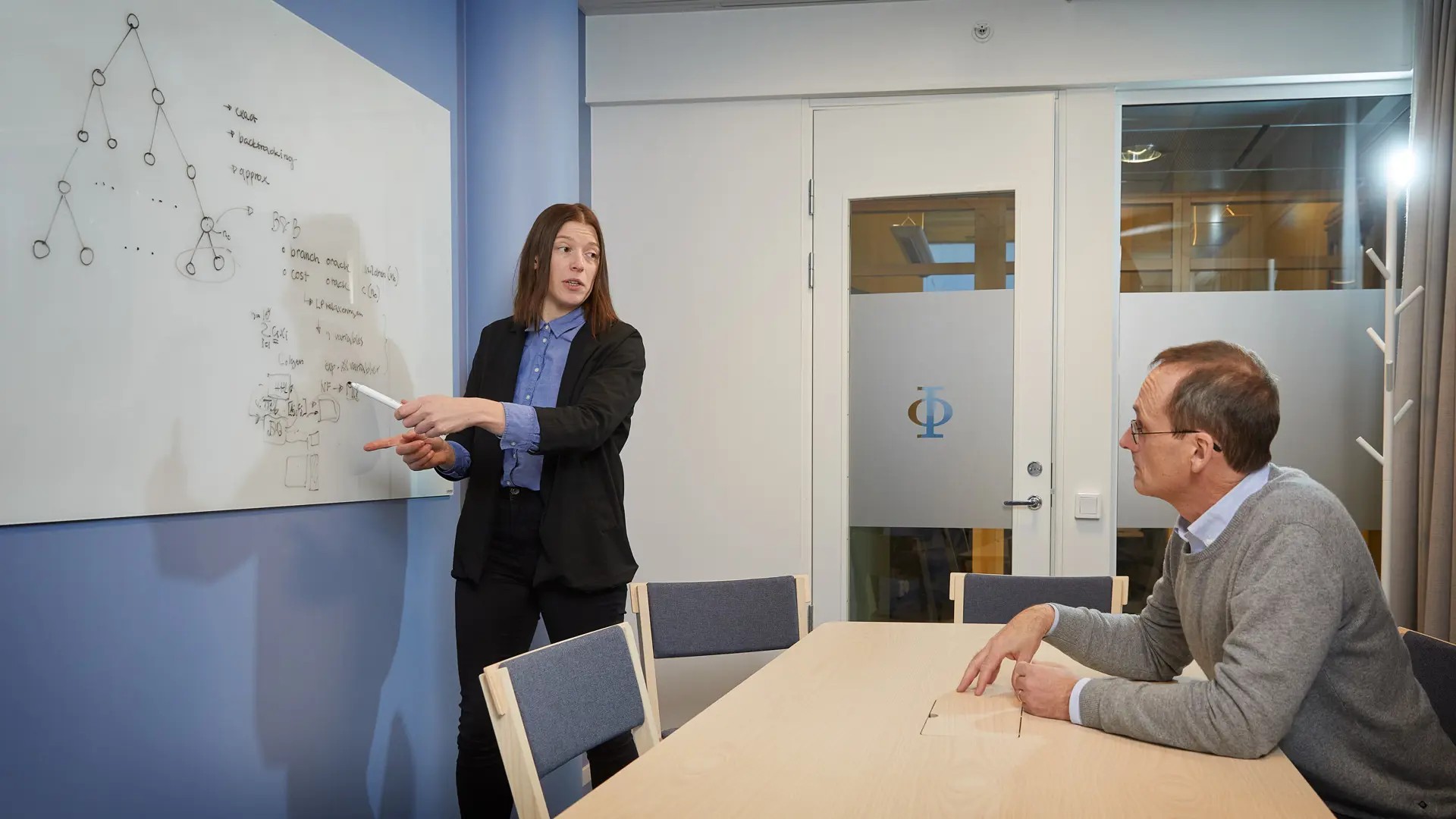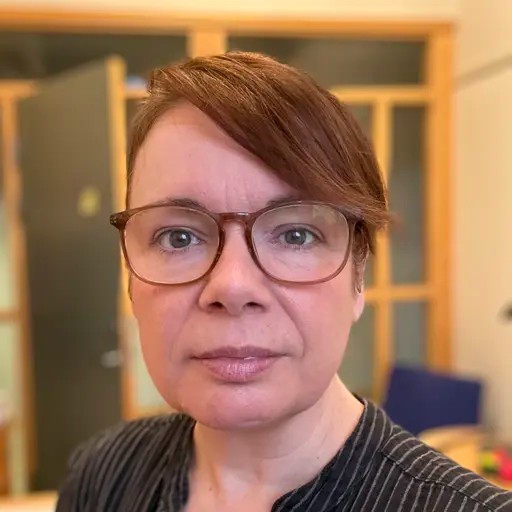
Fruitful collaboration between academia and industry is a key component for reaching the goal of taking Sweden to the forefront of the quantum revolution. Companies provide WACQT scientists with important real-life applications to investigate, while the companies gain forefront knowledge and competence which allow them to identify business opportunities based on quantum technology.
Things can happen quickly once the quantum revolution starts rolling. Then it's important to have the right skills and to be able to speed up at the right pace.
The main instrument for industrial collaboration is industrial PhD students working on projects that represent sectors in which quantum technology can result in competitive advantages.
Six companies, all having explicit interests in the exploitation of quantum technology, have joined WACQT as industrial partners. Read more about their quantum technology interests and PhD projects below.
As the development of quantum hardware represents a formidable engineering challenge beyond the state of the art, WACQT also has established partnerships with a number of companies that are specialists in technology needed for building quantum computers or quantum sensors. Read more about our enabling technology partners below.
Industrial collaboration coordinator
- Director Industrial Relations, MC2 Operations Support, Microtechnology and Nanoscience
